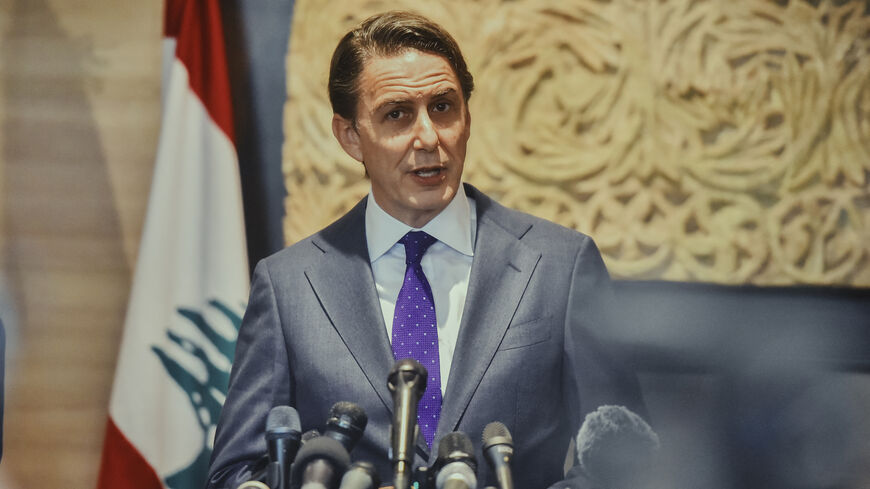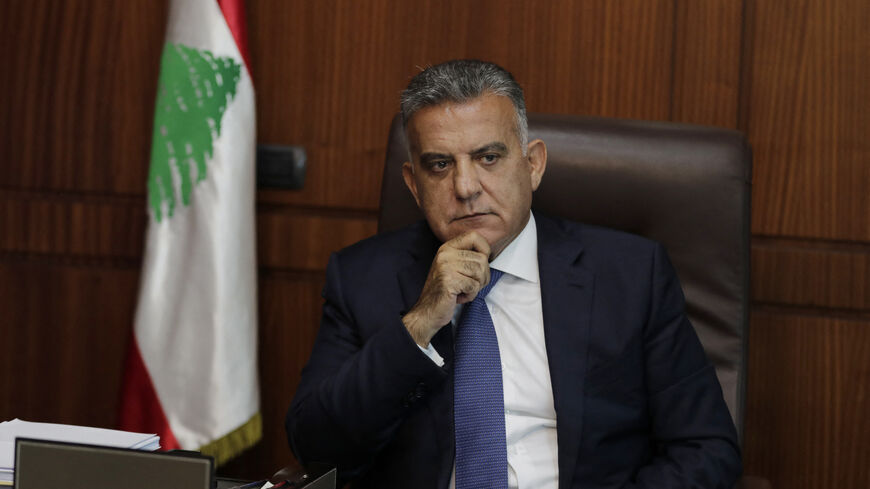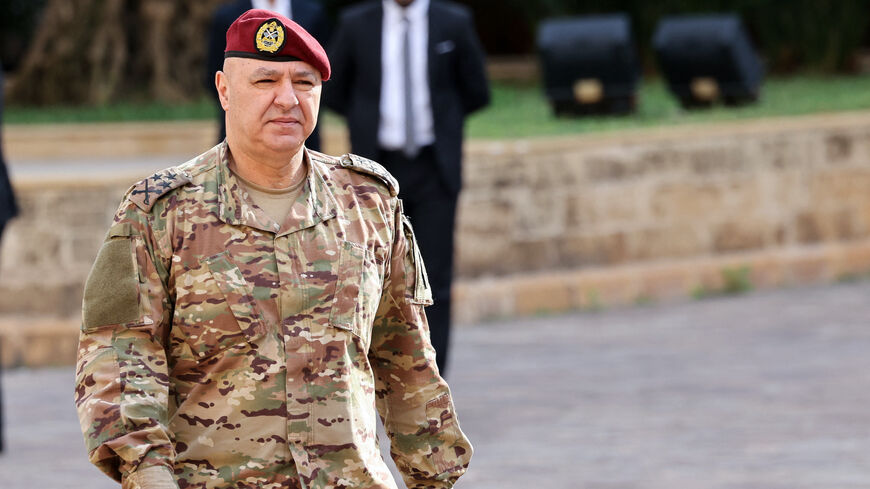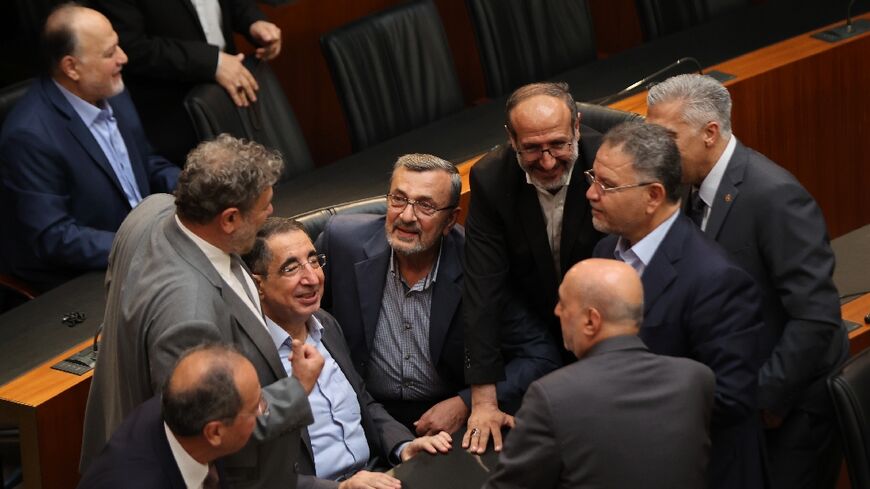Lebanon to hold January presidential elections amid fragile ceasefire
The announcement of a parliament session to elect a head of state after more than two years of presidential vacuum coincides with a ceasefire between Israel and Lebanon, which the Israeli army said was being breached in the south.

BEIRUT — Lebanon’s parliament will convene Jan. 9 for the election of a president, state media reported Thursday, following more than two years of presidential vacuum.
Parliament Speaker Nabih Berri made the announcement during a session of parliament Thursday, according to the official National News Agency (NNA).
Commenting on the presidential session, Berri said, “It will be fruitful, and we have given a one-month period to reach consensus among us.”
He noted that he will invite foreign ambassadors to attend the upcoming session.
Lebanon has been without a head of state since Hezbollah-backed President Michel Aoun’s term ended in October 2022; the country has been run since by a caretaker government with limited powers. This vacuum in governance has paralyzed many state institutions, including the parliament, and has worsened the country's already dire economic and social situation.
The deeply divided parliament has held 12 sessions to elect a head of state over the past years that all ended in failure.
Under the Lebanese Constitution, the parliament’s 128 members elect a president, who must be a Christian Maronite, for a six-year term.
The Iran-backed Hezbollah, which holds a major sway in Lebanon’s political life, and allied parliamentarian blocs have repeatedly insisted on the election of Sleiman Frangieh, a former lawmaker and minister who is close to Syria.
During the last session to elect a president held on June 14, 2023, the Hezbollah parliamentarians withdrew from the session, breaking the needed quorum to continue the vote.
The announcement of a new parliament session to vote for a president comes one day after a ceasefire approved by Israel and the Lebanese government entered into effect, ending more than a year of hostilities between the armed Hezbollah group and the Israeli army.
However, the security situation remains volatile. On Thursday, the Israeli army said the ceasefire was breached after several suspect vehicles and individuals approached areas in southern Lebanon near the border with Israel, forcing its troops to fire at them.
In a statement on the X platform, the Israeli military said that it “is deployed in southern Lebanon and enforces any violation of the ceasefire agreement.”
The NNA had earlier reported that Israeli tanks fired several rounds at six areas in the south, including in Wazzani, Kfarchouba and Khiyam. Two people were reported wounded in Israeli fire in Markaba.
Under the US-brokered ceasefire deal, Hezbollah-armed elements must withdraw from the southern areas to the north of the Litani River, about 30 kilometers (19 miles) north of the border with Israel, during a 60-day period. The Israeli forces that are present in the south would also withdraw, while Lebanese army troops and United Nations peacekeeping forces would deploy in the area to ensure the implementation of the deal.






